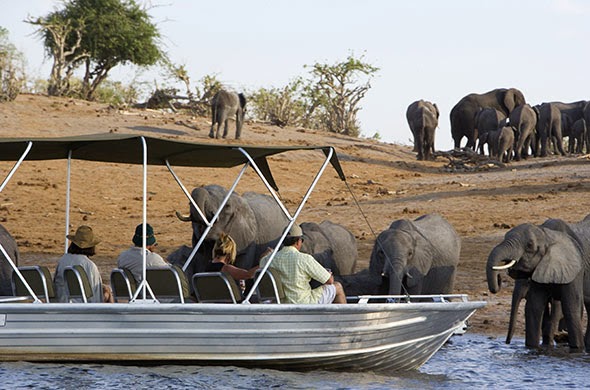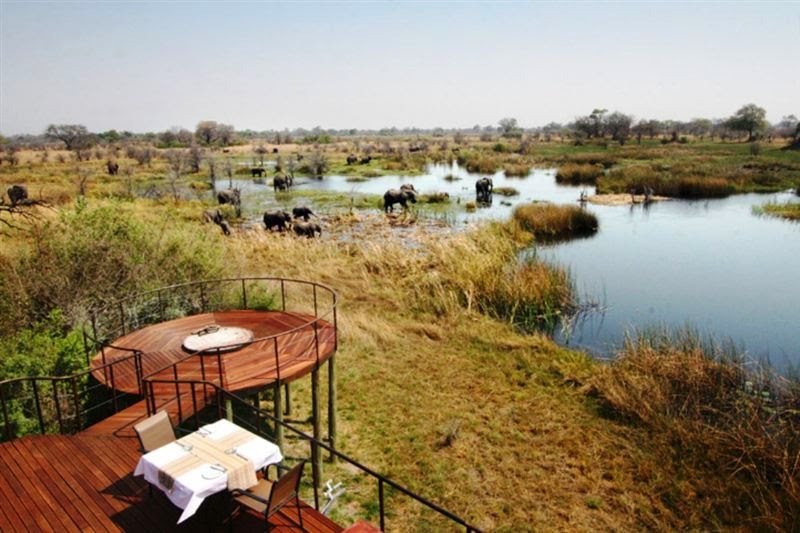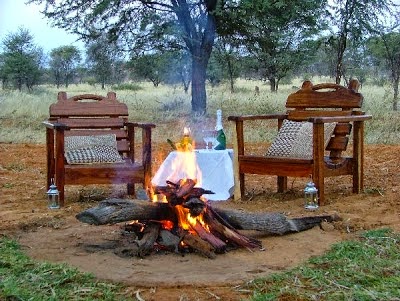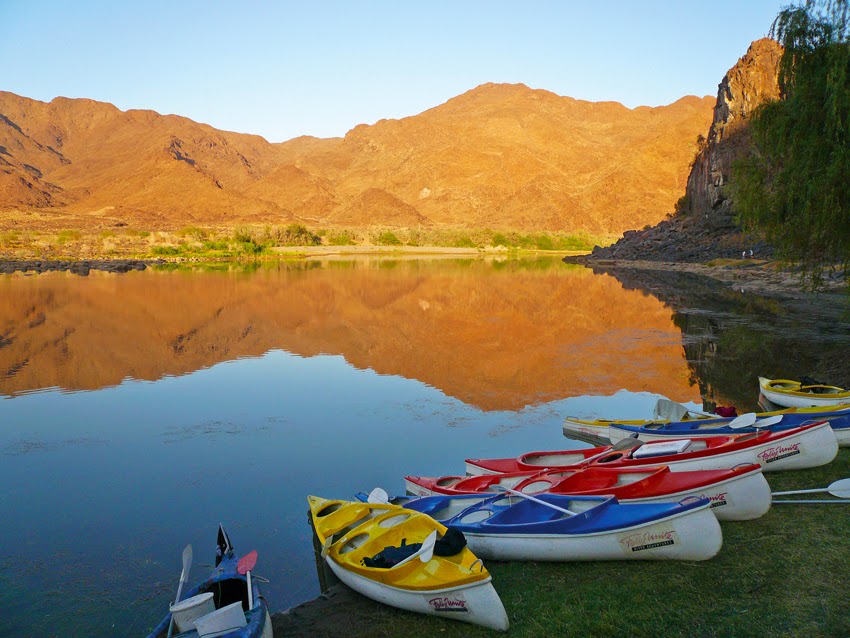Foods in Namibia
Food plays a very big part in all cultures in the world and for Namibia it is no exception. However it is a bit more complicated when it comes to Namibia; as it hosts eleven different ethnic groups; hence one particular dish cannot be singled out; rather the most favoured and dishes with influences from countries like South Africa.
Here are a few:
1.Potjie Kos: Originated from South Africa, a dish prepared in a large, black three-legged cast iron pot that is placed on an open fire. Ingredients in this pot can be meat-based or chicken-based with vegetables. Some vegetarians might enjoy their plain vegetable pot. This meal usually takes about 3-4 hours; but with good company around the open fire, the wait is over before you know it and definitely worth the while.
2.Braaivleis: Is the Afrikaans word and in most countries it is known as the ‘barbecue’-maybe a bit more popular in Namibia and South Africa. The menu varies from meat, chicken, corn, garlic bread and sausages and accompanied with your favourite salad.
3.Boerewors: Another Afrikaans word for the well-known South African sausage. The recipe originated from South Africa and still stands the test of time and will always be the most enjoyed sausage in Namibia; as well as South Africa.
4.Biltong: This too was at first a South African delicacy, but Namibia is now known for making the best biltong (our top quality of meat-might play a role in this case). Yes this is dried meat, first marinated for days, then spiced and then hung to dry for 2-3weeks. This piece of meat can stem from game which include 'Kudu', 'Springbok' and 'Gemsbok'. The beef biltong comes from the cows and cattle. Then there can be sausage (boerewors) dried and that will be known as the popular Afrikaans word 'droeewors'.
5.Mopane worms: Although this dish belongs to the Oshiwambo ethnic group; it is a very famous and tried out dish for many that dare to try and taste something new. These caterpillars are found in the northern parts of the country and are fried to get a crispy coating. Definitely something more original.
6.Kapana: This local delicacy is like a street snack. It is red meat barbecued in the open-air and sold at the market in Namibia's townships. Some might say but is that not like 'braaivleis'? No not really, this is prepared in a different matter, men from the townships take the time everyday cut meat into small pieces and serves it with peppers, onions, chillies and sauces. If you want to experience a real African-food delight, try kapana.
7.Mielie pap (maize meal): Is a well known traditional porridge made from maize meal also part of the Bantu inhabitants' tradition in South Africa. This is mainly the staple food of the Oshiwambo community, but is enjoyed by most ethnic groups of Namibia. The word 'pap' stems from Dutch, which means 'porridge'. It can be made into a very thick consistency and can be eaten with the hand. It usually accompanies braai's (barbecues), or is served with a meat dish and a tomato and onion stew.
8.Tripe (Afval): Yes, tripe is also a traditional food in Namibia. In Namibia it is known for many Afrikaans-native speaking as 'afval', translated from the word offal. This is a type of edible offal from stomachs of ruminants (e.g. oxen, sheep, goats). This dish is usually prepared as a curry. For best results it should be prepared as a 'potjie' dish, to cook slowly over an open fire.
9.Game: Namibia has different game as compared to a country like England; where they have partridge and pheasant or deer's, in Namibia Kudu, Springboks, Ostriches, Crocodile; come up on the menu. Game in Namibia is very popular during the winter period, but can be enjoyed all year round as biltong or just as a meat dish on it's own.
10.Pluck (Harslag): This too is an African cuisine, coming from the Dutch ancestry and in Afrikaans it is called 'Harslag'. This includes: the heart, lungs, kidneys and livers of animals. Africans have turned these edible components of animals into cuisines, cutting it into small pieces; preparing it with onions and potatoes in a sweet and sour white sauce or with gloves, cinnamon, peppers and chillies for a more spicy flavour. Most might cringe with just the thought, but if it is enjoyed by so many, why not give it a try?
For more information please contact us at:















































